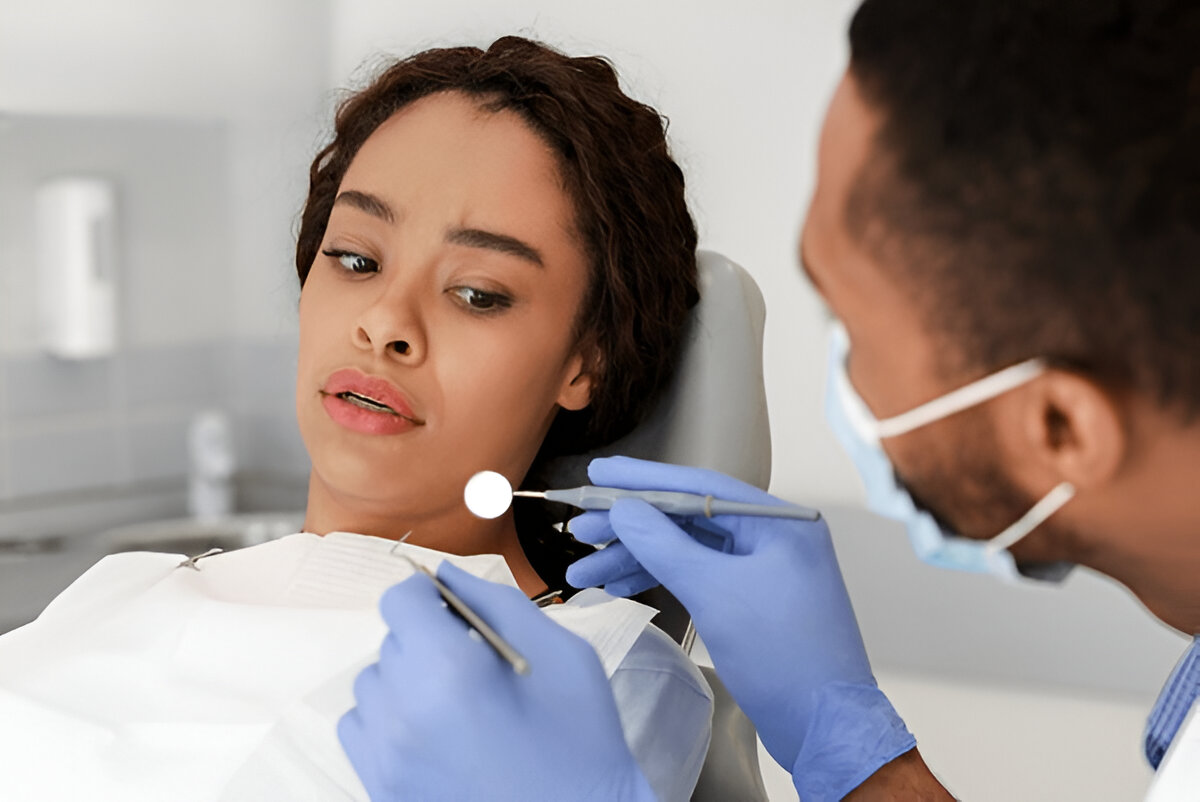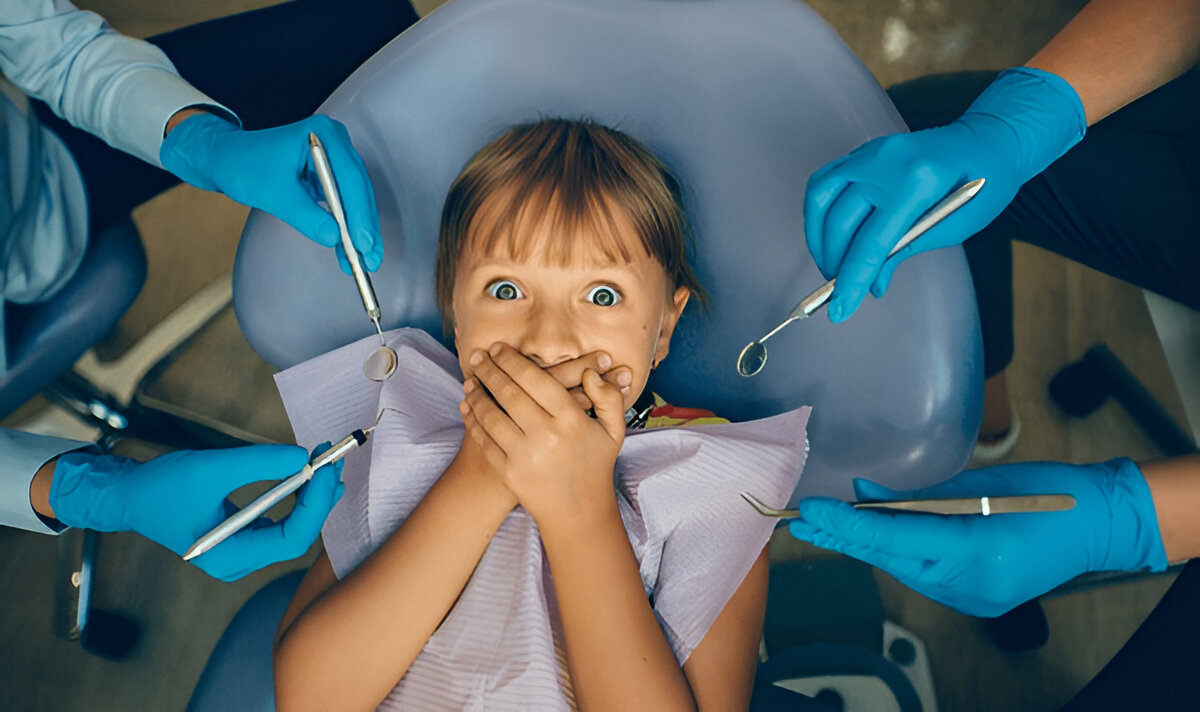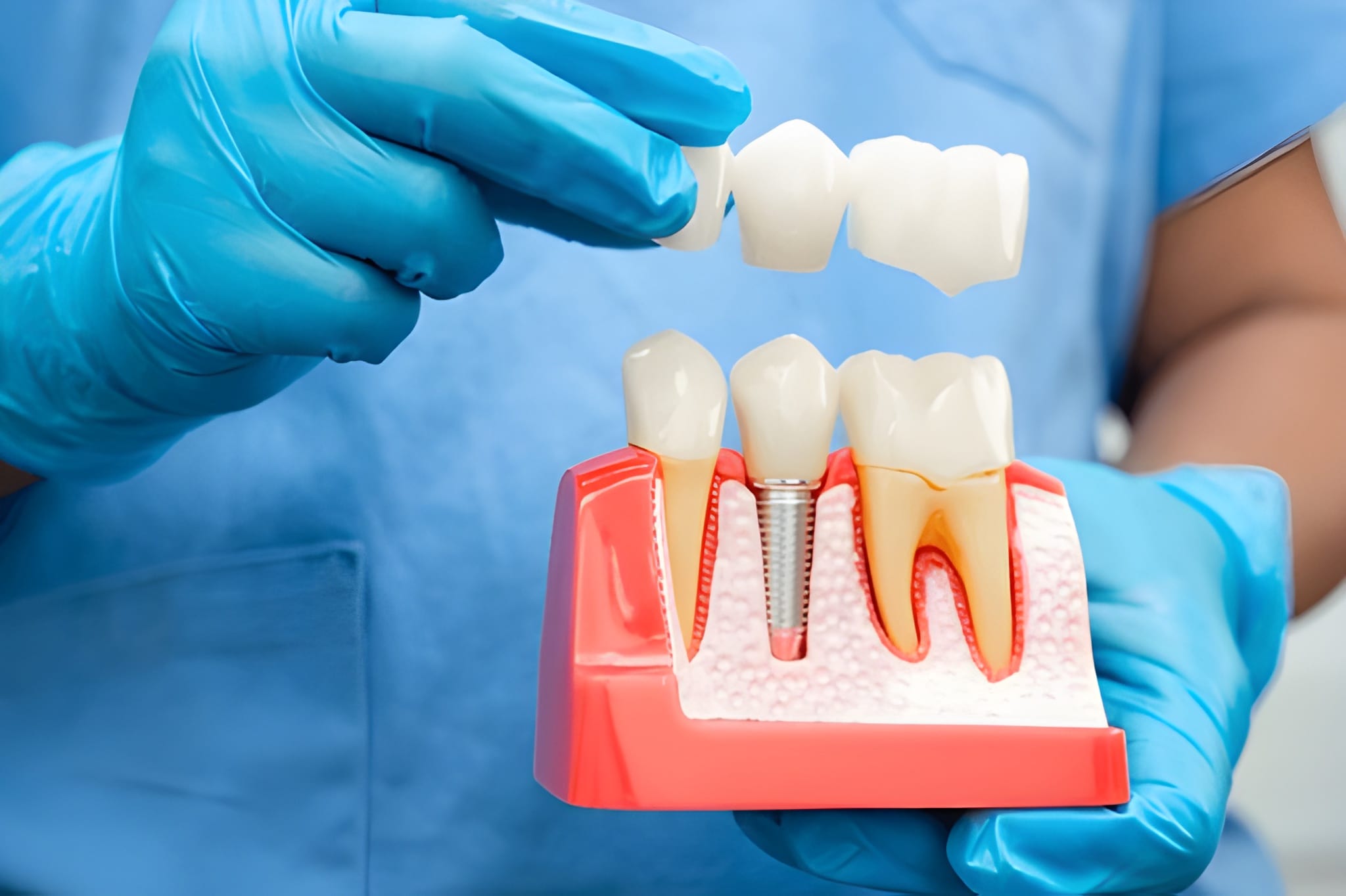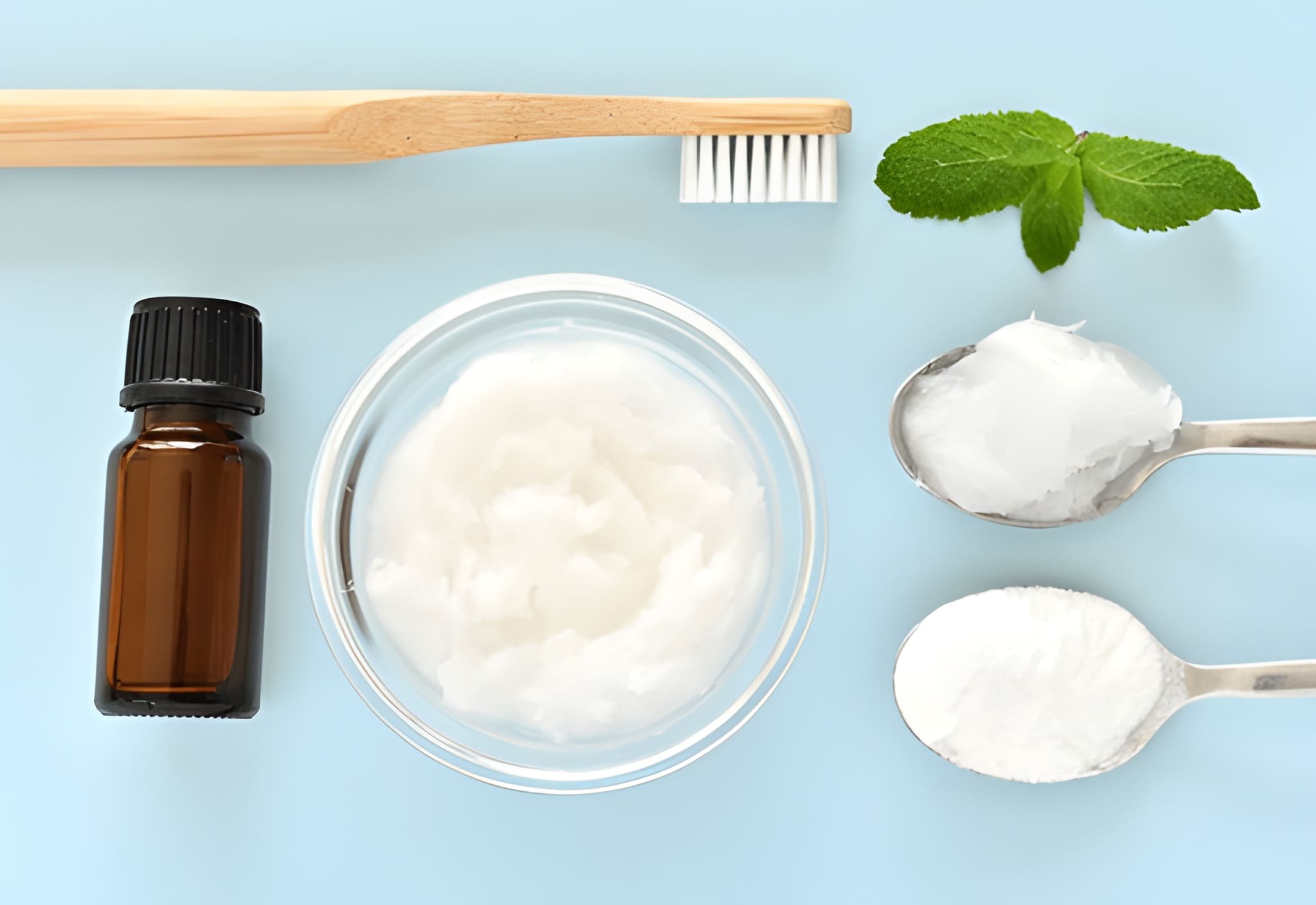Feeling embarrassed or anxious about bad teeth is more prevalent than you realize. For some, this shame comes from a deep-seated dentophobia — an intense fear of the dentist that causes missed appointments and poor oral health. Whether you’re an anxious dentist patient, have trouble with past trauma, or are sensitive to the sound of a dental drill, this book is here to assist you in learning about your fear, confronting it directly, and taking the first step toward a healthy smile.
Understanding Dentophobia: What Is It Really?
Dentophobia (fear of a dentist or dentist phobia) is more than mild anxiety — it’s a strong and often illogical fear that keeps individuals from going to the dentist even in the face of pain or discomfort. It usually causes oral neglect, leading to nervous teeth, gum disease, tooth loss, and decreased self-confidence.
Though about 36% are afraid of dental treatment, almost 12% experience excessive fear. Of these, about 3% completely avoid going to the dentist.
Signs of Dentophobia:
- Increased heart rate or difficulty breathing
- Sweating excessively when appointments are scheduled
- Refusal to go to the dentist
- Nausea or dizziness when thinking about treatment
- Physical discomfort in the presence of dental tools or odors
Causes of Dentophobia: Where Does It Originate?
Knowing the underlying causes of dentophobia is central to its elimination. Here are the most usual triggers:
1. Discomfort and Pain
For most, fear of experiencing pain when getting dental procedures done is enough to avoid going. Despite the use of state-of-the-art pain relief strategies in today’s dentistry, the psychological memory of pain remains.
2. Traumatic Past Experiences
One negative visit — particularly in childhood — can become dentist phobia. Such memories link dentistry with damage, and subsequent visits are almost impossible without guidance.
3. Needles and Injections
Alternatively referred to as trypanophobia, needle fear is a major source of dentophobia. Dental injections are used for pain relief, but merely the idea of them may induce fear.
4. Gag Reflex and Choking Fears
These patients will dread impressions, X-rays, or mouth instruments. Annoyance can become a full-blown phobia of a dentist and lead to total avoidance.
5. Noises and Smells
The whine of a dental drill, suction instruments, and the clinic odor are overbearing for a anxious dentist patient. These triggers bring on panic mechanisms.
The Emotional Toll of Nervous Teeth and Avoidance
Neglecting your oral health due to dentist phobia has significant consequences. As teeth deteriorate, many begin feeling embarrassed about their appearance and develop nervous teeth — a condition where people feel ashamed or anxious about smiling, speaking, or eating.
This shame can:
- Affect your personal and professional relationships
- Lower self-esteem and confidence
- Lead to worse health outcomes (as poor oral health links to heart disease and diabetes)
But you’re not alone, and there’s hope.
Strategies to Overcome Dentophobia and Reclaim Your Smile
1. Choose the Right Dentist
Finding a dentist who is skilled in treating nervous dentist patients can be a game-changer. Opt for a professional who provides a reassuring, gentle manner. Dental Scotland clinics specialize in patient-oriented care that caters to those who have dentophobia issues.
2. Communicate Your Fears
Don’t suffer in silence. Expressing your concerns honestly enables your dentist to adapt their method, go at your own pace, and maintain your emotional safety. It may be fear of instruments, pain, or needles, but honesty creates trust.
3. Practice Relaxation Techniques
Controlling your bodily reaction to fear is important. Try:
- Deep breathing exercises
- Guided imagery (imagining relaxing situations)
- Progressive muscle relaxation
These can decrease your heart rate and focus on moving away from fear towards comfort.
4. Gradual Exposure and Desensitisation
This method begins with brief, non-threatening visits and gradually moves on to more complicated procedures. By creating positive experiences gradually, your dentist fear diminishes over time.
For instance:
- Begin with a consultation (no treatment)
- Advance to a basic cleaning
- Go on to fillings or restoration when ready
5. Distraction Techniques
Employing distractions while visiting the dentist can go a long way in alleviating fear. Most dental offices provide TVs, headphones, or even virtual reality headsets so that patients can watch their favorite shows or listen to their favorite music.
This dispels the preoccupation with sound and odors — perfect for an anxious dentist patient.
6. Sedation and Sleep Dentistry
For extreme dentophobia, sedation dentistry may be a lifesaver. There are several levels of sedation:
- Nitrous oxide (laughing gas): Light sedation
- Oral sedation: Anxiety-reducing pills
- Options for quick relief
- IV sedation: More profound relaxation
- General anesthesia: SLEEP THROUGH THE EVIDENCE OF SCIENCE
Ask your provider what is safest and most effective for you.
7. Create a Support Group
Ask a close friend or family member to accompany you to the appointment.
Having him or her with you can offer comfort and reassurance and remind you that you’re being monitored and now facing this scary thing.
You can also talk to others or participate in online forums who’ve overcome their fear of dentists to learn from their experience.
8. Get Assistance from a Mental Health Professional
If your dentist phobia is disrupting your lifestyle or triggering overwhelming panic, collaborating with a therapist might be beneficial. Cognitive Behavioral Therapy (CBT) is especially helpful in managing and reworking improper thinking patterns.
Regular dentist visits — even for cleanings — desensitize anxiety through familiarity. It also helps prevent small issues from becoming complicated, agonizing procedures.
Use Positive Reinforcement
Reward yourself after each dental achievement. Maybe it’s a good dinner, a shop spree, or a leisurely activity, but it conditions your mind to think that the dentist equals achievement rather than fear.
Educate Yourself
Knowledge of tools and practice involved in dentistry can remove fear of the unknown. Your care provider can guide you through what you can expect, and contemporary clinics tend to employ visual aids or models to describe treatment plans.
What’s the Difference Between Dentophobia and General Dental Anxiety?

Although both are fears, intensity differs:
- Dental Anxiety: Concern or apprehension regarding visits but may still be able to go in for appointments.
- Dentophobia: Intense, frequently paralyzing fear leading to total avoidance, even in pain.
If your symptoms keep you from scheduling a visit, it’s probably dentophobia — and it requires gentle intervention.
Who Is at Risk of Dentophobia?
Dentophobia, or extreme fear of dentists and dental care, may occur in anyone. Nevertheless, certain people are more susceptible based on pre-existing psychological disorders, traumatic history, or particular phobias. Knowing who is at higher risk can assist in personalizing interventions and support to the most affected individuals.
1. People with General Anxiety Disorders
Individuals afflicted by generalized anxiety disorder (GAD) tend to live in a state of chronic worry and tension that is not confined to particular situations. Dental appointments, with their unfamiliar environment, instruments, and procedures, can be overwhelming sources of fear. Even merely expecting a dental visit might result in restlessness, insomnia, or panic attacks. Such patients tend to have a hard time coping with the unpredictability and perceived danger that accompanies dental procedures, and this enhances their dental fear.
2. Individuals with Panic Disorders
A panic disorder is characterized by repeated and unexpected attacks of extreme fear, frequently with physical manifestations like chest discomfort, palpitations of the heart, shortness of breath, and dizziness. For individuals with this disorder, the closed-in situation of a dental chair, vulnerability of having someone intruding on their mouth, and risk of pain or discomfort may trigger panic attacks. The anxiety of experiencing an uncontrollable panic attack during treatment will cause them to avoid the dentist altogether.
3. People with PTSD or Past Trauma
Individuals who have endured post-traumatic stress disorder (PTSD)—particularly if it was related to medical facilities, loss of control, or pain—can link dental clinics with traumatic memories. Even if the trauma was not dental-related, the smells, noises, or sensations of a dental clinic can evoke flashbacks or increased anxiety. Pain or a lack of empathy during childhood dental trauma is a very prevalent underlying cause of dentophobia in adults.
4. Individuals with Other Specific Phobias
Specific phobias can also contribute to fear of dentists. These include:
- Emetophobia: Vomiting, which can be caused by gagging during the procedures.
- Algophobia: Pain, and the prospect of any dental pain becomes horrific.
- Iatrophobia: Fear of doctors or medical practitioners, resulting in extreme mistrust of dental health providers.
Conclusion: From Nervous Teeth to Confident Smiles with Dental Scotland
Breaking dentophobia is completely possible — and with the proper tools, direction, and encouragement, you can revamp your relationship with dental care. If you’re struggling with shame from anxious teeth, avoiding appointments based on fear of a dentist, or feeling as though no one gets your dentist phobia, assistance is here.
At Dental Scotland, you’ll find a team committed to compassionate care. With services ranging from NHS general dentistry to cosmetic treatments, Invisalign, dental implants, and even facial aesthetics — they ensure that every nervous dentist patient feels heard, safe, and valued.
Don’t let fear keep you from living with confidence. Your smile is important — and getting it back begins with one courageous step. Schedule a consultation, begin slowly, and recall: you’re not alone.





